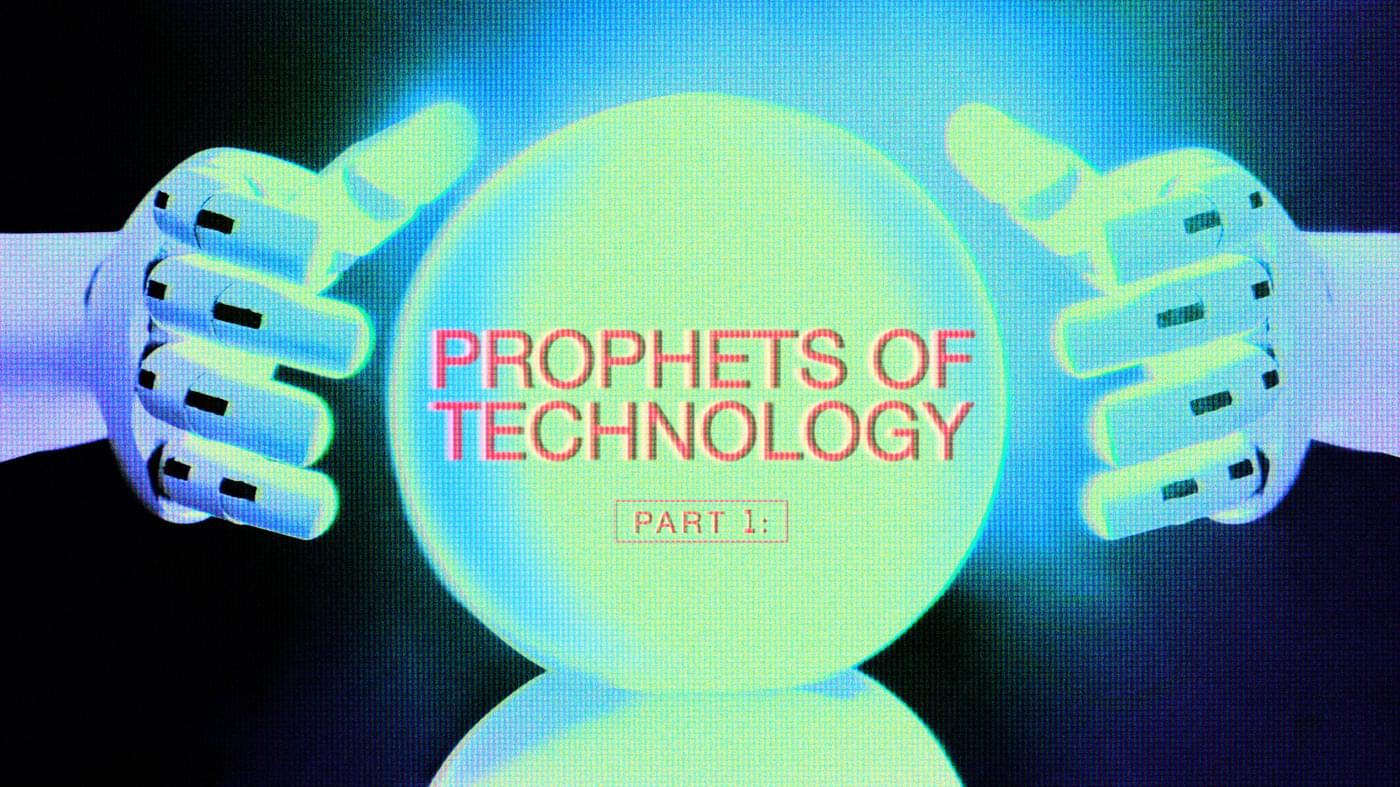Lex Fridman Podcast full episode: https://www.youtube.com/watch?v=ykY69lSpDdo.
Please support this podcast by checking out our sponsors:
- Shopify: https://shopify.com/lex to get 14-day free trial.
- NetSuite: http://netsuite.com/lex to get free product tour.
- Linode: https://linode.com/lex to get $100 free credit.
- MasterClass: https://masterclass.com/lex to get 15% off.
- Indeed: https://indeed.com/lex to get $75 credit.
GUEST BIO:
Ray Kurzweil is an author, inventor, and futurist.
PODCAST INFO:
Podcast website: https://lexfridman.com/podcast.
Apple Podcasts: https://apple.co/2lwqZIr.
Spotify: https://spoti.fi/2nEwCF8
RSS: https://lexfridman.com/feed/podcast/
Full episodes playlist: https://www.youtube.com/playlist?list=PLrAXtmErZgOdP_8GztsuKi9nrraNbKKp4
Clips playlist: https://www.youtube.com/playlist?list=PLrAXtmErZgOeciFP3CBCIEElOJeitOr41
SOCIAL:
- Twitter: https://twitter.com/lexfridman.
- LinkedIn: https://www.linkedin.com/in/lexfridman.
- Facebook: https://www.facebook.com/lexfridman.
- Instagram: https://www.instagram.com/lexfridman.
- Medium: https://medium.com/@lexfridman.
- Reddit: https://reddit.com/r/lexfridman.
- Support on Patreon: https://www.patreon.com/lexfridman
